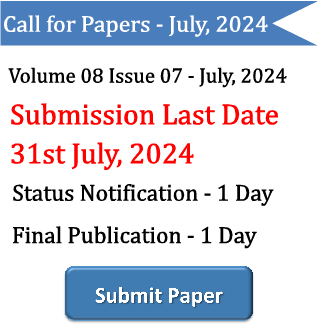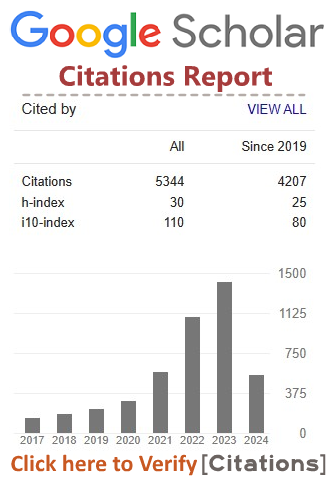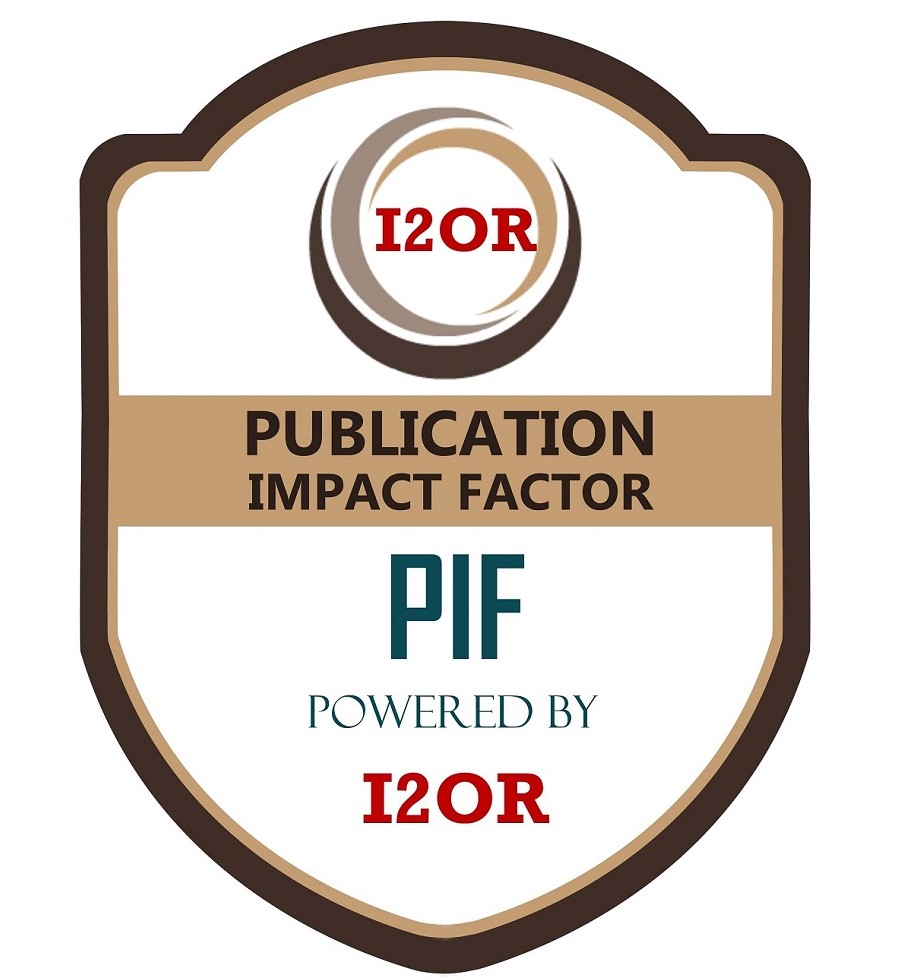Non Suicidal Self-Injurious Behavior and Emotional Dysregulation among College Students: Karnataka India
Manisha Samanta1, Anjalin D’Souza2, Savitha Prabhu3
1Assistant Professor, Department of Psychiatric Nursing, Institute of Nursing, Brainware University, Kolkata, West Bengal, India
2Assistant Professor, Department of child health Nursing, Manipal College of Nursing, Manipal Academy of Higher Education, Manipal, Karnataka, India
3Assistant Professor, Department of Psychiatric Nursing, Manipal College of Nursing, Manipal Academy of Higher Education, Manipal, Karnataka, India
Address for correspondence:
Manisha Samanta, Assistant Professor, Department of Psychiatric Nursing, Institute of Nursing, Brainware University, Kolkata, West Bengal, India
E‑mail: manishasamanta2001@gmail.com
ABSTRACT
Background: It is necessary to understand that self-harm is the most common behavior in both suicide and non-suicidal self-injury (NSSI) though those are not interrelated. Both result in physical damage to better or cope, whereas behaviors related to suicide are undertaken to end the capacity to feel at all by ending one’s life.
Aim: The aim of the study was to explore NSSI behavior and emotional dysregulation among
college students and find relationship between NSSI behavior and emotional dysregulation.
Methods: A descriptive cross-sectional survey was carried out and total 896 college students were selected by multistage cluster sampling method from one district of Karnataka, India. The data was collected using FASM and DERS tool.
Results: The study revealed that 21.9% of the participants were found to have NSSI behavior. Participants were having both minor behavior (66.84%) and severe behavior (71.94%) of NSSI. Mean age of onset of NSSI behavior was 16.88 years. The present study found significant relationship between NSSI behavior and emotional dysregulation (t value: 4.19, p value: <0.01). Participants were having emotional dysregulation with mean value of 100.32.
Conclusion: The findings of the study show the need to increase the awareness and understanding of NSSIs and to plan targeted interventions among college youth. An information booklet on emotion regulation strategies was developed by the researcher to improve students’ knowledge and awareness.
Keywords
NSSI (Non-suicidal self-injury), Emotional dysregulation, FASM (Functional Assessment of Self-Mutilation) questionnaire, DERS (Difficulties in Emotional Regulation Scale)







